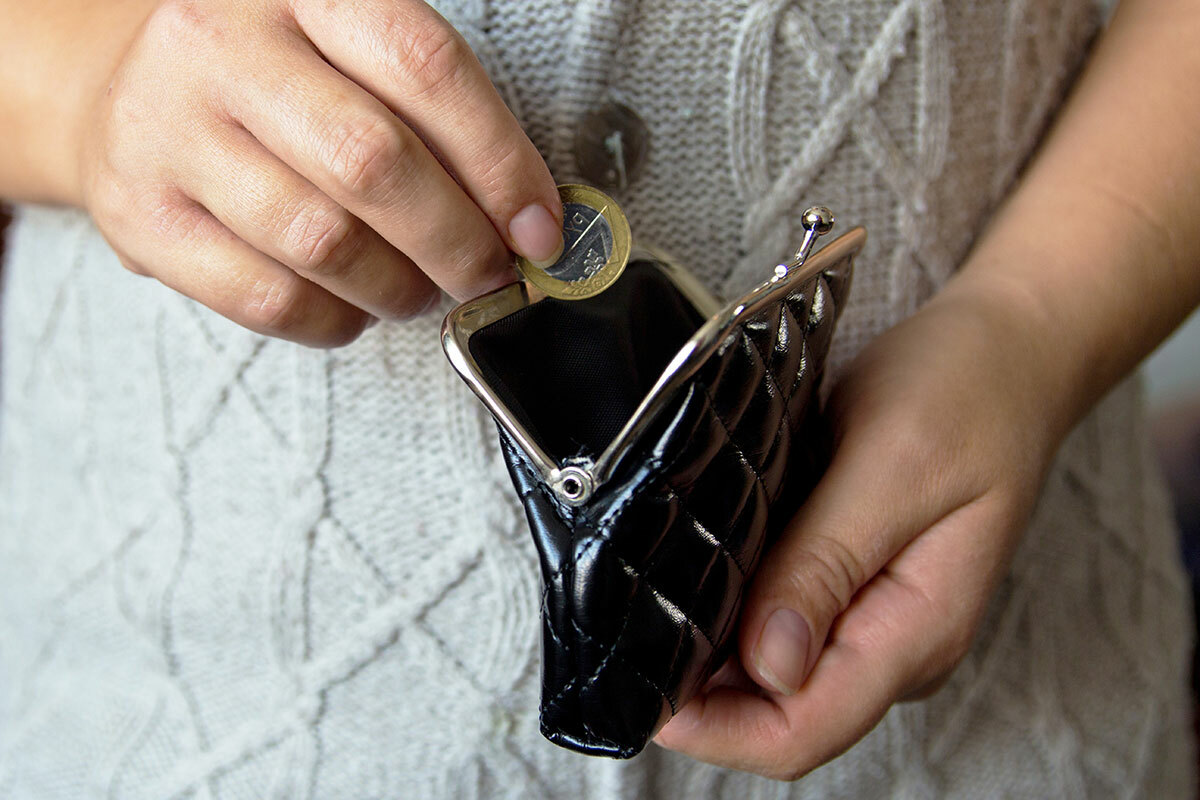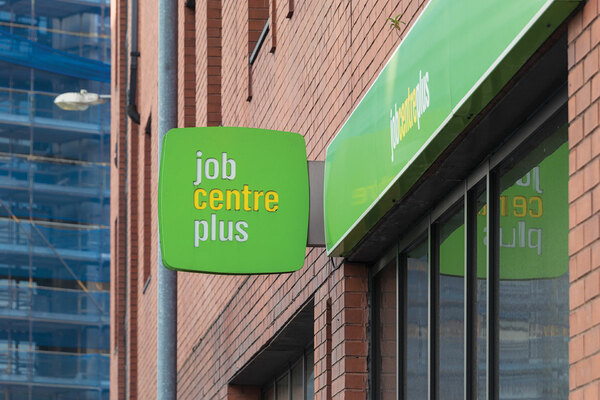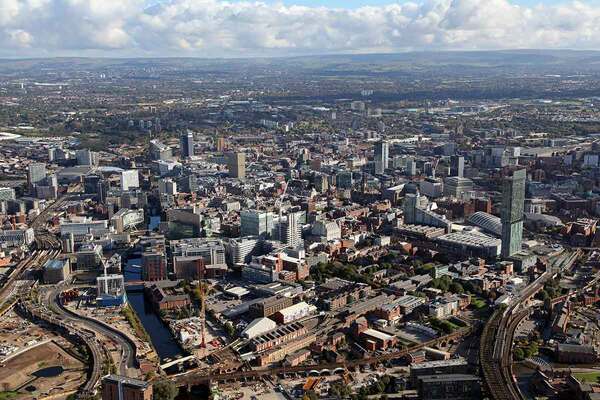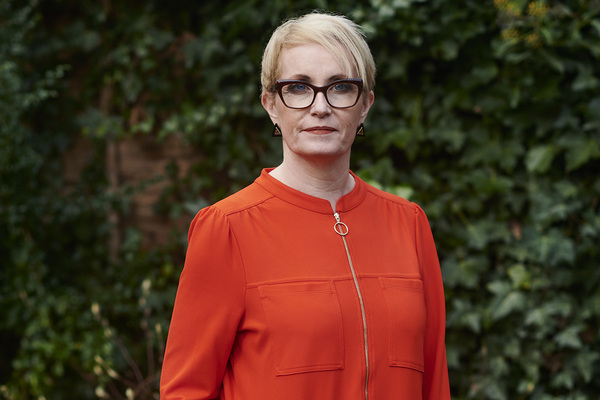You are viewing 1 of your 1 free articles
Housing association bodies urge government to keep Universal Credit boost
Housing association bodies have urged the government to maintain the £1,000-a-year increase to Universal Credit beyond the end of March.
In a letter to work and pensions secretary Thérèse Coffey, the chairs of the G15, PlaceShapers, Homes for the South West and Build East said that the higher rate “has made a significant difference” to people on low incomes during the pandemic.
Early on in the pandemic last March, the government boosted the Universal Credit standard allowance and working tax credits by £20 a week as part of measures to strengthen the welfare safety net.
But Spending Review documents published in the summer indicated that the increase would not be kept in place beyond the end of the current financial year despite a predicted surge in unemployment due to COVID-19’s impact on businesses.
Foreign secretary Dominic Raab told the BBC on Sunday that the uplift was a “temporary measure” and that the government’s plans to support people on low incomes will be laid out at the Budget in March.
MPs will vote on the issue in the House of Commons later in a motion brought forward by Labour, with Conservatives whipped to abstain.
“While the roll-out of vaccines is a tremendous achievement, transmission rates have increased and the impact on daily life and the economy continues,” the housing associations’ letter to Dr Coffey said.
“Indeed, many housing associations are seeing an increase in rent arrears alongside growing numbers of people seeking support with meeting essential needs, like accessing food and paying for heating.
“Extending the Universal Credit uplift will give people across the country greater security, support local economies, and ensure people are in a stronger position to contribute to the post-pandemic recovery to come.”
Signed by Helen Evans, Matthew Walker, Victor da Cunha and Tina Barnard, it pushed the minister to confirm that the boosted standard allowance will continue “as soon as possible”.
The Joseph Rowntree Foundation has claimed that around 16 million people will be affected if the extra £20 a week is scrapped, with 500,000 pushed into poverty.
A spokesperson for the Department for Work and Pensions said: “We are committed to supporting the lowest-paid families through the pandemic and beyond to ensure that nobody is left behind.
“That’s why we’ve targeted our support to those most in need by raising the living wage, spending hundreds of billions to safeguard jobs, boosting welfare support by billions and introducing the £170m Covid Winter Grant Scheme to help children and families stay warm and well-fed during the coldest months.”
Government spending on working-age benefits in 2020 was more than £100bn – the highest level on record in real terms and as a percentage of national income.
Sign up for our tenancy management newsletter
Already have an account? Click here to manage your newsletters













